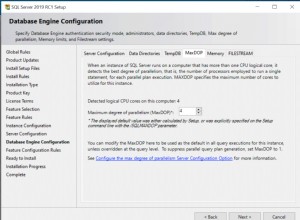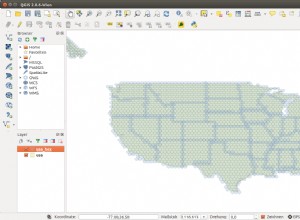Wollen Sie ein Array von Strings oder wollen Sie asdad\000asdasd\000 ? Arbeiten Sie mit einem Byte-Array oder einem tatsächlichen String?
String-to-Byte-Array (wenn mit einem String gearbeitet wird)
String str = "\x61736461640061736461736400"
str = str.substring(2); //get rid of \x
byte [] bytes = new byte[str.length()/2];
for(int i = 0; i < result.length; i++) {
String numberStr = str.substring(i*2,i*2+2);
int numberInt = Integer.parseInt(numberStr);
bytes[i] = (byte) numberInt;
}
Byte-Array in String-ArrayList
ArrayList<String> result = new ArrayList<String>();
int startIndex = 0;
for(int i = 0; i < bytes.length; i++) {
if(bytes[i] == 0) {
if(startIndex > i) {
byte [] stringBytes = new byte[i - startIndex];
for(int j = startIndex; j < i; j++) {
stringBytes[j-startIndex] = bytes[j];
}
result.add(new String(stringBytes, "US-ASCII"));
}
startIndex = i+1;
}
}
Byte-Array zu oktalem Escape-String
DecimalFormat formatter = new DecimalFormat("000");
StringBuilder resultBuilder = new StringBuilder();
for(byte b : bytes) {
if(b > 0) {
char c = (char) b;
resultBuilder.append(c);
} else {
int bInt = b & 0xFF;
String octal = Integer.toString(bInt, 8);
int numPadZeroesNeeded = 3 - octal.length();
resultBuilder.append('\');
for(int i = 0; i < numPadZeroesNeeded; i++) {
resultBuilder.append('0');
}
resultBuilder.append(octal);
}
}




